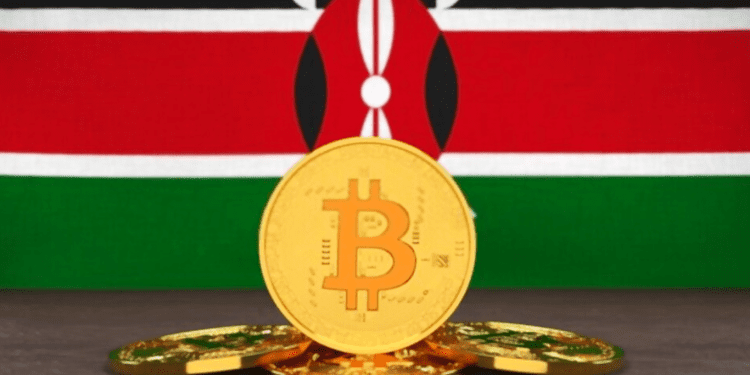Kenya’s Central Bank Governor Patrick Njoroge terms, converting Kenya’s reserves to Bitcoin insane. Patrick Njoroge argues that investing the state reserves in Bitcoin is “crazy.” Mr. Njoroge, who spoke recently to an elected Kenyan parliamentary member, insists that he should be jailed if he ever agrees to the decision.
The CBK, led by Mr. Njoroge, warned Kenyans against investing in cryptocurrencies. Early this year, in June 2022, Mr. Njoroge, the Deputy Governor of the Central Bank of Nigeria (CBN), along with Mr. Kingsley Obiora, explained why cryptocurrencies could not become a widely used payment method. The main reason is the volatile nature of the currency.
Mr. Njoroge hinted that lawmakers might be under pressure to influence the legislative process in favor of cryptocurrency adoption. This is what he said,
“I do know you’re under a lot of pressure from some of these people that are pushing these things [cryptocurrencies] because, for them, it is good. I can assure you I have a lot of people pushing me to put our reserves in Bitcoin. I would have been out of my mind with craziness.”
Several studies suggest that cryptocurrency use or investment in Kenya is rising. Paxful, a peer-to-peer cryptocurrency exchange, announced that a domestic user would have digital assets worth $125 million in the first half of 2022.
No Laws to Manage the Crypto Sector
The Central Bank of Kenya has warned its citizens against trading or investing in cryptocurrency. Kenya has no comprehensive regulation governing the sector. The CBK is trying to protect its citizens by issuing such warnings. The body has also issued notices to local banks urging them to be careful when dealing with cryptocurrency. The severity of the risks was affirmed by a report showing 4 million Kenyan cryptocurrency investors who have suffered losses.
Kenya Central Bank Criticizes Cryptocurrency as Nigeria Adopts It
According to Kenyan, cryptocurrency is a risk to financial stability. The CBK argues that digital currencies, which aim to create economic instability, can introduce a flawed monetary system. According to Nigeria, however, cryptocurrency bridges the poor and the rich. It helps to narrow the gap by presenting the poor as riches, eliminating the “the rich get richer, and the poor become more deficient “gap. Cryptocurrency helps to distribute wealth in society.
On October 25, Lagos became the first African country to introduce a digital currency (eNaira). Nigeria’s eNaira digital currency will benefit inclusion, said Kingsley Oviola. The country’s leader suggests that the idea will increase access to banks, allow remittances, and add billions of dollars to the economy. Cryptocurrency experts and users in Africa have many questions about eNaira.
The fact that cryptocurrency experts and users in Africa’s largest economy have more questions than answers about eNaira shows a growth in crypto adoption. Nigeria’s young, tech-savvy masses are enthusiastically adopting digital currencies. The use of cryptocurrency in Kenya is growing too rapidly despite the central bank banning banks and financial institutions from trading or facilitating any transactions in February.














